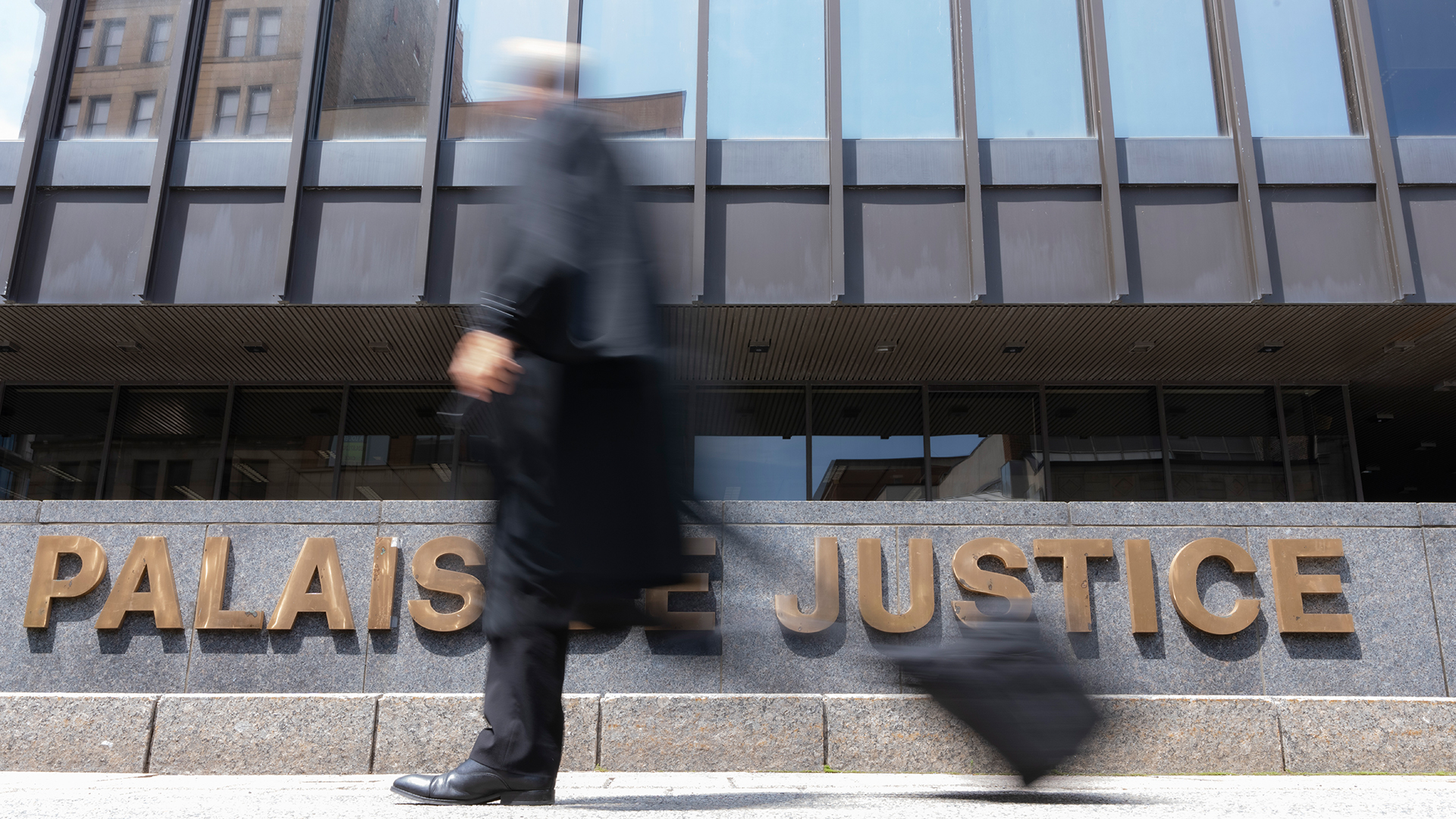
More than four million people in Canada have a criminal record and face poorer social and economic outcomes because of the ongoing stigma associated with past convictions. These people should not get lost in the wake of a significant cabinet shuffle that unfolded in July with the naming of Dominic LeBlanc as Canada’s new minister of public safety, democratic institutions and intergovernmental affairs.
The current record suspension system (formerly known as pardons), which allows only some people to apply to have their conviction records sealed, is one of the important files that LeBlanc will oversee this fall.
He and the Trudeau government should follow through on a long-standing Liberal promise by adopting an effective and inclusive system that would allow a fresh start for millions of Canadians.
The record suspension regime has been the subject of much criticism since changes were made to the Criminal Records Act in 2012. The application process is expensive, punitive and burdensome. Yet, the federal government has responded slowly to calls for change.
There have been small wins and shifts. But we can hardly declare that meaningful change has occurred more than seven years after Ralph Goodale, then public safety minister, vowed to overhaul Canada’s punitive program.
No action was taken until January 2022 when the federal government announced that the application fee for a record suspension would be reduced to $50 and that select community service organizations across Canada would receive money to help more people navigate the cumbersome process.
Furthermore, despite already having completed multiple public consultations about pardons/record suspensions, Public Safety Canada launched yet another engagement process last year to seek input on what it termed the “automatic sequestering of criminal records” (ASCR): an automated program to keep criminal records separate and apart from other records without an application.
This pace of change is painfully slow compared to far more progressive changes in other countries such as the United States.
U.S. states making changes
The State of New York recently passed legislation to allow eligible conviction records to be automatically sealed after a prescribed amount of time – three years for misdemeanors (equivalent to summary convictions in Canada) and eight years for felony convictions (what we would call indictable convictions).
This new process represents the latest addition to the “clean state” movement in the U.S. and recognizes the importance of allowing people to move on by automatically sealing criminal records to reduce the barriers they face accessing housing and employment, when traveling, and many other social domains and activities.
Other states taking similar action include Pennsylvania, Utah, Michigan, Virginia, Delaware and Colorado. In 2022, California passed legislation that allowed more people to have their records automatically sealed. The newest legislation from New York is said to put it “at the head” of this nationwide movement focused on second chances and social justice – a movement that continues to pick up speed.
Millions of people across the U.S. will benefit greatly from clean slate or “second chance” processes that prioritize the automatic sequestering of records. However, others remain left behind due to carveouts in the legislation.
The Prison Policy Initiative, a non-partisan research organization, defines a carveout as “any policy that excludes people from criminal legal system reforms based on what they are charged with or convicted of.” People typically excluded are those with more serious or violent charges on their criminal record, even though experts say there is no evidence to support the automatic sealing or pardoning of some convictions and not others.
Politicians and policymakers often present carveouts as “unavoidable or necessary,” but these concessions and compromises serve only to prolong punishment and the harms of criminalization. In other words, leaving people out or behind does not make people or communities safer.
An automatic ‘spent record’ regime
It is for this reason that the Fresh Start Coalition, representing more than 90 civil society organizations, people with lived experience of criminalization and community members from across Canada, supports an automatic ”spent record” regime that does not include any carveouts.
This is a proposal grounded in evidence and supported by experts, practitioners and advocates across the country – and one that would actually reflect the Liberal government’s stated commitments to social justice, equity and reconciliation.
More specifically, an automatic process that leaves no one behind would support Public Safety’s federal framework to reduce recidivism. This guiding document acknowledges the importance of eliminating barriers to housing, education and employment to reduce incarceration rates in Canada.
While we expect to see new legislation related to the automatic sequestering of criminal records introduced in the fall, we know based on previous versions that it will likely include carveouts.
For example, Bill C-31 (which was introduced in June 2021 but never made it past second reading in the House of Commons) proposed reduced wait periods, as well as relaxed eligibility rules and criteria for granting pardons. However, some people convicted of more serious offences would remain ineligible.
On the other hand, Bill S-212 – introduced by Senator Kim Pate in November 2021 and currently being considered by the Standing Senate Committee on Legal and Constitutional Affairs – is far more reflective of the requests from the Fresh Start Coalition. This proposed legislation reduces wait times, eliminates costs, outlines an automatic record-sealing process and does not include any carveouts.
Pate argues the current record suspension regime does not contribute to public safety and creates “a group of people who are infinitely further subject to criminalization, and the people this is happening to are disproportionately Indigenous, Black and people of colour.”
As LeBlanc begins to familiarize himself with the conversation around pardons and record suspensions, we hope he will prioritize the evidence and experience offered to him by people across Canada who have been intently focused on this issue for more than a decade.
Our neighbours to the south have already built a movement that recognizes the value and importance of allowing people to move on from their past convictions by automatically sealing criminal records after a certain period of time. People across Canada believe in second chances. Our country should be at the forefront of this movement.









